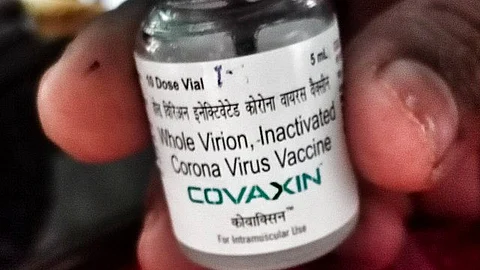Particular categories with increased chances of chronic AESI were noted in the study. Participants who were female, teenagers with COVID-19 prior to vaccination, people with co-morbidities, and those who contracted typhoid after immunization had, in that order, probabilities of developing persistent AESI that were 1.6, 2, 2.7, and 3.2 times greater, respectively. The risks of AESI and persistent AESI were more than twice as high for those with pre-existing medical problems.
The research also found a correlation between the number of vaccine doses and the risk of AESI. Adults who received three doses of BBV152 had a four-fold higher risk of AESI compared to those who received two doses, while those who received only one dose had double the risk.
The study reported four deaths among adult participants, all of whom had diabetes, and three had hypertension. Two of these deaths were attributed to stroke, while one was due to post-COVID-19 rhinocerebral mucormycosis, which reportedly disseminated after vaccination. The fourth death involved a woman with multiple episodes of unconsciousness post-vaccination, the cause of which remained unidentified.
(Input from various media sources)
(Rehash/ Susmita Bhandary/MSM)


